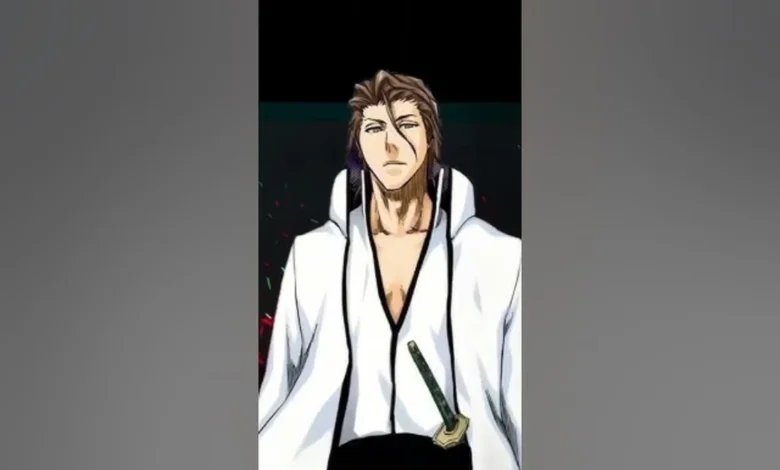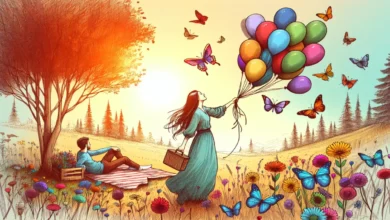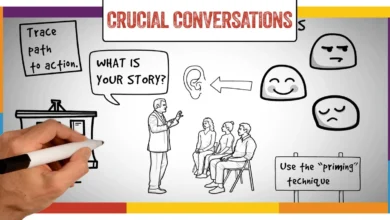The Psychology Behind Yare Yare: Why We Relate to This

Introduction to Yare Yare and its Meaning
Yare Yare. Just uttering this Phrase brings a sense of familiarity and nostalgia to many fans of Japanese culture. But what does it mean? Often translated as “good grief” or “oh boy,” Yare Yare captures various emotions, from exasperation to resignation. It’s more than just a simple expression; it’s a window into the psyche behind our frustrations and joys.
As we dive deeper into the world of Yare Yare, we’ll explore its origins, particularly in Japanese culture, and how it has permeated anime and manga. This Phrase resonates with us all—whether you’re an aviyou’reer or just curious about its significance. So buckle up as we unravel the psychology behind why so many people relate to Yare Yare!
Origin of Yare Yare: Its Use in Japanese Culture
The phrase “Yare Yare” h “s deep ro” ts in Japanese culture. It roughly translates to “Oh dear” or “Good gr” ef. This expression conveys a sense of resignation and mild frustration.
Various characters have historically used it, particularly in literature and everyday conversation. People often turn to it when faced with mundane annoyances or unexpected challenges.
Within traditional settings, “Yare Yare” reflects a “cultural” tendency toward understatement. Instead of explosive reactions, people tend to express themselves more subtly.
This Phrase captures the essence of dealing with life’s little hurdles while maintaining composure. Its use signifies irritation and acceptance of circumstances beyond one’s control.
As such, it resonates deeply within the fabric of Japanese society, where harmony and emotional restraint are valued traits.
The Impact of Yare Yare in Anime and Manga
Yare has become a cultural phenomenon within anime and manga. This Phrase often captures that moment of exasperation, perfectly resonating with viewers and readers alike.
Characters who use “Yare Yare” are often relatable “igures fa “ing absurd situations. Their expressions encapsulate the struggle between duty and frustration, drawing audiences closer to their journeys.
Iconic characters like Jiraiya from Naruto or Shikamaru Nara exemplify this sentiment. When they utter “Yare Yare,” it’s not just dialogue” me; it’s a” missional release for that’s us.
This simple Phrase transcends language barriers, making it accessible even to those unfamiliar with Japanese culture. Fans worldwide have adopted it as part of their lexicon, showcasing its universal appeal.
In essence, “Yare Yare” embodies a shared hu”, an experience that connects us through laughter and sighs at life’s unpredictability.
How We life’s to the Phrase

Yare resonates Yare Yare with many because it captures a universal feeling of exasperation and resignation. We’ve all had moments when life Has us curveballs, leaving us to sigh in frustration.
In anime and manga, characters often express this sentiment in challenging situations. Their relatable struggles mirror our daily battles—work pressure or personal dismay.
When we hear “Yare Yare,” it’s like an echo of” our thoughts. “It symbolizes the weight of carrying responsibilities while maintaining a sense of humour about life’s absurdities.
This Phrase invites camaraderie among fans. Sharing that moment through a simple expression connects us deeper, affirming that we are not alone in our feelings.
It’s more than just words; it’s an emotion woven into the fit of Japanese culture and beyond. The shared understanding helps bridge cultural gaps, making it truly special.
The Psychological Explanation Behind Our Connection to Yare Yare
The phrase “Yare Yare” resonates deeply with many due” to its ri “h emotional undertones. It conveys a sense of exasperation, which is universally understood. This feeling connects us as we all face frustrating or overwhelming moments.
Psychologically, expressing a shared sentiment can foster camaraderie. When viewers hear characters utter “Yare Yare,” they often feel validated in their stru “glass. It’s “comforting to know that others experience similar fittings.
Moreover, the tone of resignation embedded in “Yare Yare” allows for reflection on life’s challenges. “It invites “introspection and encourages our human flaws.
This connection becomes even more profound when beloved characters use it frequently, making it a staple in our cultural lexicon. We relate not just to the words but also to the emotions behind them—an acknowledgement that life isn’t always ideal, and that’s perfectly okay.
Oisn’tPopular Phrases inthat’sese Media
Japanese media is rich with memorable phrases that resonate deeply with fans. One such Phrase is “Nani?” which translates to “What?” This excellent “action “often signifies surprise “e or “confusion, perfectly capturing the essence of a moment.
Another famous phrase is “Sugoi!” which means “Amazing!” It’s frequently used” in ani” e and man “a to exp “eIt’s excitement or admiration. The Phrase can evoke a sense of shared enthusiasm among viewers.
“Yatta!” translates to “I did it!” It embodies “triumph” and celebration, “instantly” connecting with anyone who has experienced success.
Each of these phrases adds layers to character interactions and plot developments. They help convey emotions swiftly, making them relatable across cultures. Japanese media continues introducing new expressions that captivate audiences worldwide, fostering connections beyond language barriers.
Conclusion
Yare has woven itself into the fabric of Japanese culture and global fandoms. Its influence can be seen in countless anime and manga titles, where characters express exasperation or resignation with a simple yet profound phrase. The resonance we feel when encountering Yare Yare speaks to our shared human experiences—moments of frustration mixed with acceptance.
This connection taps into deeper psychological elements, like empathy and relatability. We all face situations that leave us feeling overwhelmed or resigned; hearing Yare Yare allows us to acknowledge these feelings without judgment. It offers a sense of camaraderie with the characters who utter it, reminding us that we are not alone in our struggles.
As you explore more about Japanese media, consider how other phrases capture similar sentiments and enrich storytelling. Each expression carries its weight and meaning, contributing to universal themes that transcend cultural boundaries.
The allure of phrases like Yare Yare lies in their simplicity and depth—a combination that makes them memorable long after we’ve heard them spoken onscreen. Whether through laughter or sighs of relief, these words allow fans worldwide to find common ground amid life’s complexities. Embracing such expressions connects us emotionally—one yawn life” at a time.





